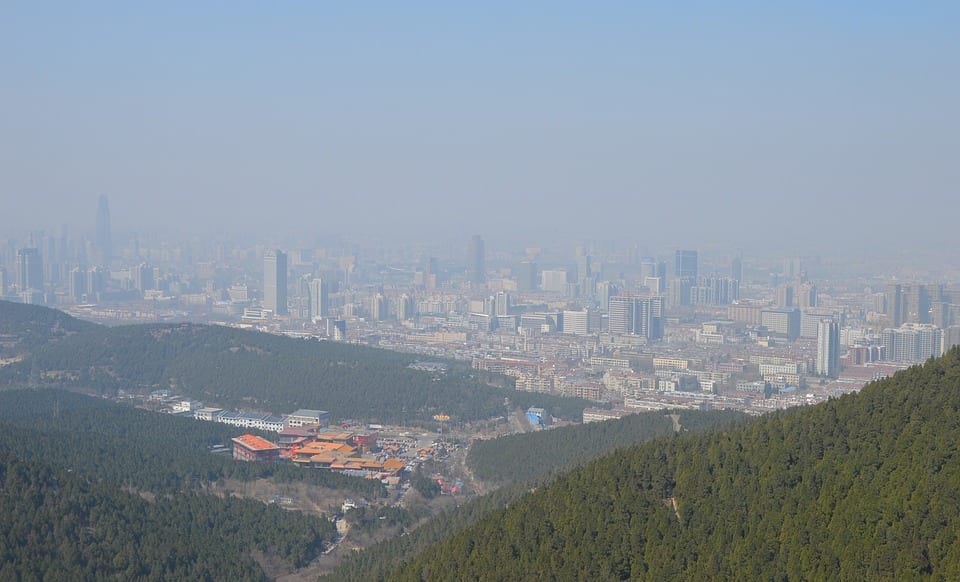The damage rising global temperatures is causing may become much more expensive than predicted.
A recently published report has placed the spotlight on the “urban heat island” effect of climate change. This effect was detailed in the Nature Climate Change journal, revealing that urban centers will see a considerably greater expense from global warming.
The report was based on an analysis of 1,692 cities around the world and the impact changing temperatures will have.
The analysis determined that the economic impact of climate change may be 2.6 times greater than anticipated as a result of the urban heat island effect. Cities facing the greatest impact from this effect will find themselves losing as much as 11 percent of their gross domestic product (GDP). The global loss average, on the other hand, is 5.6 percent, said the report.
Furthermore, the report’s authors indicated that these findings are important due to the fact that it underscores how important local intervention and international policy adoption will be for minimizing the impact of global warming.
The researchers suggest that city-level climate change strategies will be as vital as national and international ones.
 “We show that city-level adaptation strategies to limit local warming have important economic net benefits for almost all cities around the world,” said study author, Professor Richard SJ Tol, a University of Sussex professor of economics.
“We show that city-level adaptation strategies to limit local warming have important economic net benefits for almost all cities around the world,” said study author, Professor Richard SJ Tol, a University of Sussex professor of economics.
The idea of the urban heat island effect is that despite the fact that cities make up only 1 percent of the surface of the Earth, but produce approximately 80 percent of the total gross world product. Moreover, over half the world’s population resides in cities, which consume an estimated 78 percent of the worldwide energy supply.
As a result, the study authors recommended that local policymakers place emphasis on measures that would keep health and economic costs as limited as possible from rising urban temperatures. Professor Tol stated that experts have previously underestimated the degree of impact that metropolitan policies could have in limiting urban warming.
He concluded that reducing the impact of climate change will be based on both global and local measures and that even if global measures don’t pan out, local efforts will still be able to make a significant difference.
